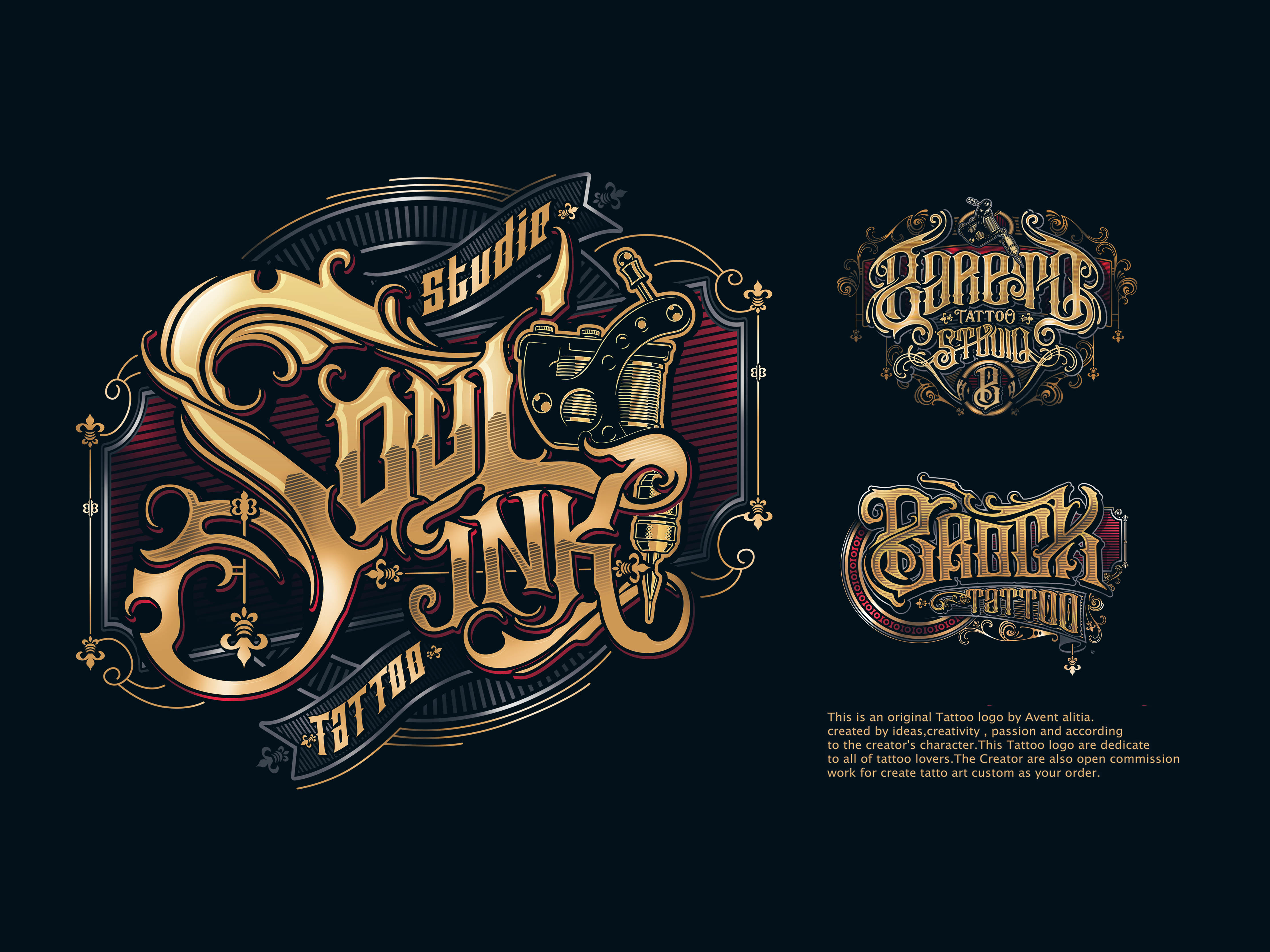Gun Caliber Explained

Introduction to Gun Caliber

When it comes to firearms, one of the most important aspects to consider is the caliber of the gun. Caliber refers to the internal diameter of the gun’s barrel, which in turn determines the size of the bullet that can be fired from it. Understanding gun caliber is crucial for both novice and experienced shooters, as it affects the gun’s performance, accuracy, and overall suitability for various shooting applications. In this article, we will delve into the world of gun calibers, exploring what they mean, how they are measured, and the differences between various calibers.
Measuring Gun Caliber

Gun caliber is typically measured in inches or millimeters, with the most common units being inches. For example, a 9mm caliber gun has a barrel diameter of 9 millimeters, while a .45 caliber gun has a barrel diameter of 0.45 inches. The measurement is usually taken between the lands, which are the raised areas inside the barrel. The caliber is often expressed as a decimal or fraction, followed by the name of the cartridge, such as .308 Winchester or 5.56x45mm NATO.
Types of Gun Calibers

There are numerous gun calibers available, each with its unique characteristics, advantages, and disadvantages. Here are some of the most common types of gun calibers: * Handgun calibers: These include popular calibers like 9mm, .40 S&W, and .45 ACP, which are commonly used for self-defense, target shooting, and law enforcement. * Rifle calibers: These include calibers like .223 Remington, .308 Winchester, and .30-06 Springfield, which are often used for hunting, target shooting, and military applications. * Shotgun calibers: These include calibers like 12-gauge and 20-gauge, which are commonly used for hunting, sport shooting, and home defense.
Factors Affecting Gun Caliber

Several factors can affect the performance of a gun caliber, including: * Bullet weight: Heavier bullets tend to have more kinetic energy and penetrate deeper, while lighter bullets are often faster and more accurate. * Bullet type: Different bullet types, such as full metal jacket (FMJ) or hollow point (HP), can affect the gun’s accuracy, range, and stopping power. * Barrel length: Longer barrels can improve accuracy and increase velocity, while shorter barrels can reduce recoil and make the gun more concealable. * Powder charge: The amount of powder used in the cartridge can affect the gun’s muzzle velocity, recoil, and overall performance.
Table of Common Gun Calibers

| Caliber | Type | Application |
|---|---|---|
| .9mm | Handgun | Self-defense, target shooting |
| .40 S&W | Handgun | Self-defense, law enforcement |
| .223 Remington | Rifle | Hunting, target shooting |
| .308 Winchester | Rifle | Hunting, target shooting |
| 12-gauge | Shotgun | Hunting, home defense |

🔍 Note: This table is not an exhaustive list of gun calibers, but rather a selection of some of the most common and popular calibers.
Choosing the Right Gun Caliber

With so many gun calibers available, choosing the right one can be overwhelming. Here are some factors to consider when selecting a gun caliber: * Intended use: Consider the purpose of the gun, whether it’s for self-defense, hunting, or target shooting. * Experience level: Novice shooters may prefer smaller calibers with less recoil, while experienced shooters may prefer larger calibers with more power. * Personal preference: Consider factors like gun size, weight, and ergonomics when choosing a caliber. * Local laws and regulations: Be aware of local laws and regulations regarding gun ownership and use.
To summarize the key points, understanding gun caliber is essential for both novice and experienced shooters. Gun caliber affects the gun’s performance, accuracy, and overall suitability for various shooting applications. By considering factors like bullet weight, bullet type, barrel length, and powder charge, shooters can choose the right gun caliber for their needs. Additionally, being aware of local laws and regulations is crucial for responsible gun ownership.
What is the difference between a 9mm and a.45 caliber?

+
The main difference between a 9mm and a.45 caliber is the size of the bullet. A 9mm bullet is smaller and lighter, while a.45 caliber bullet is larger and heavier. This affects the gun’s recoil, accuracy, and stopping power.
Which gun caliber is best for self-defense?

+
The best gun caliber for self-defense depends on various factors, including the shooter’s experience level, the gun’s size and weight, and the local laws and regulations. However, popular self-defense calibers include 9mm,.40 S&W, and.45 ACP.
Can I use any type of bullet in my gun?

+
No, it’s not recommended to use any type of bullet in your gun. Different bullets are designed for specific calibers and guns, and using the wrong type of bullet can affect the gun’s accuracy, reliability, and safety.



